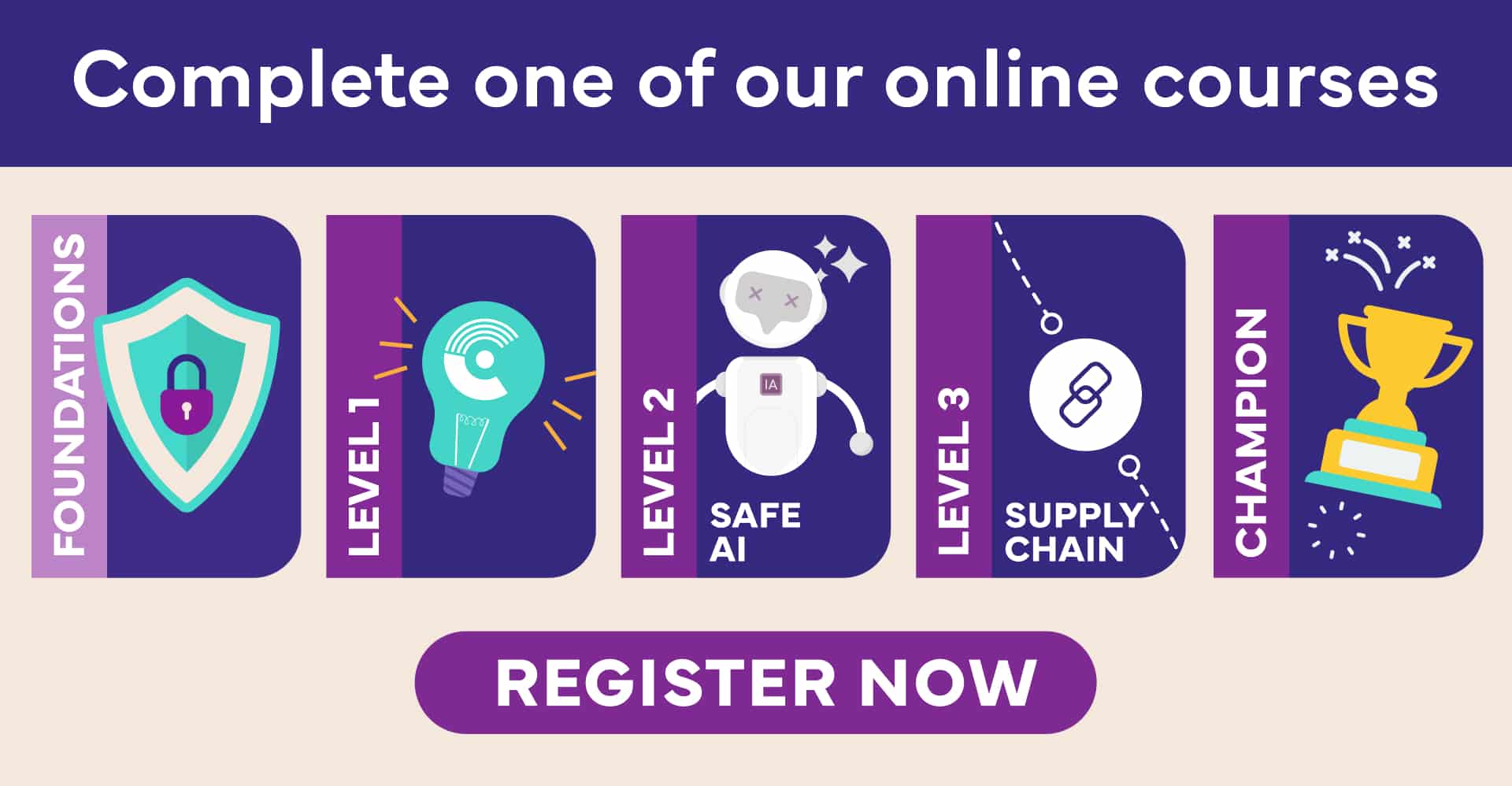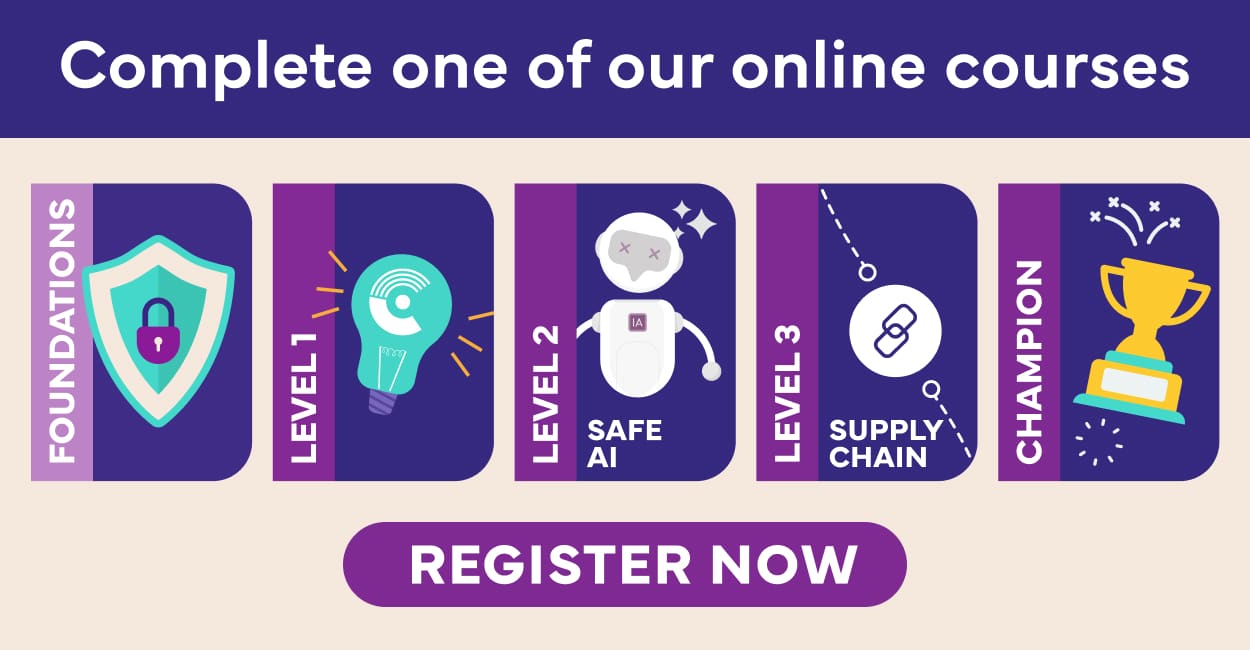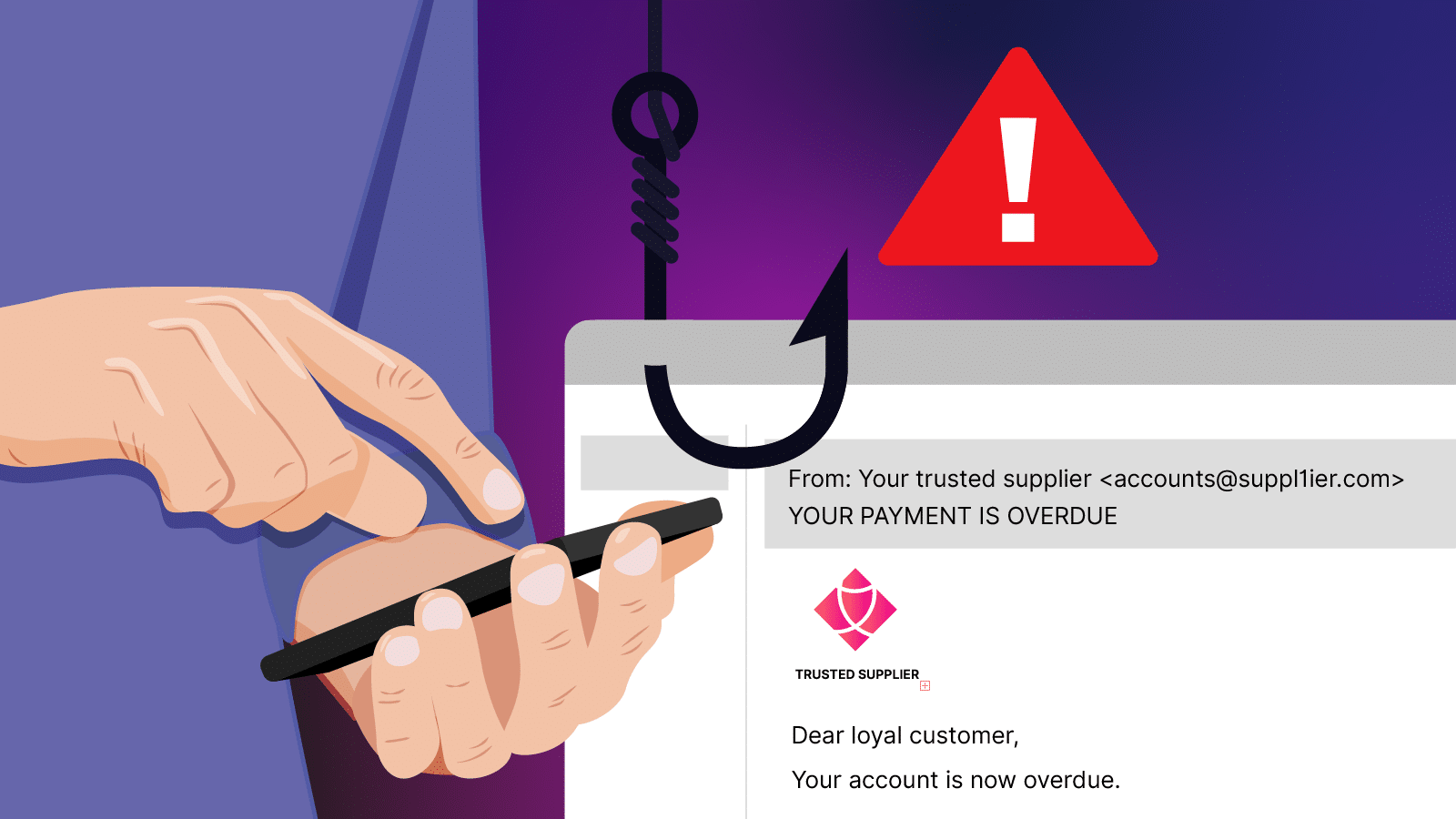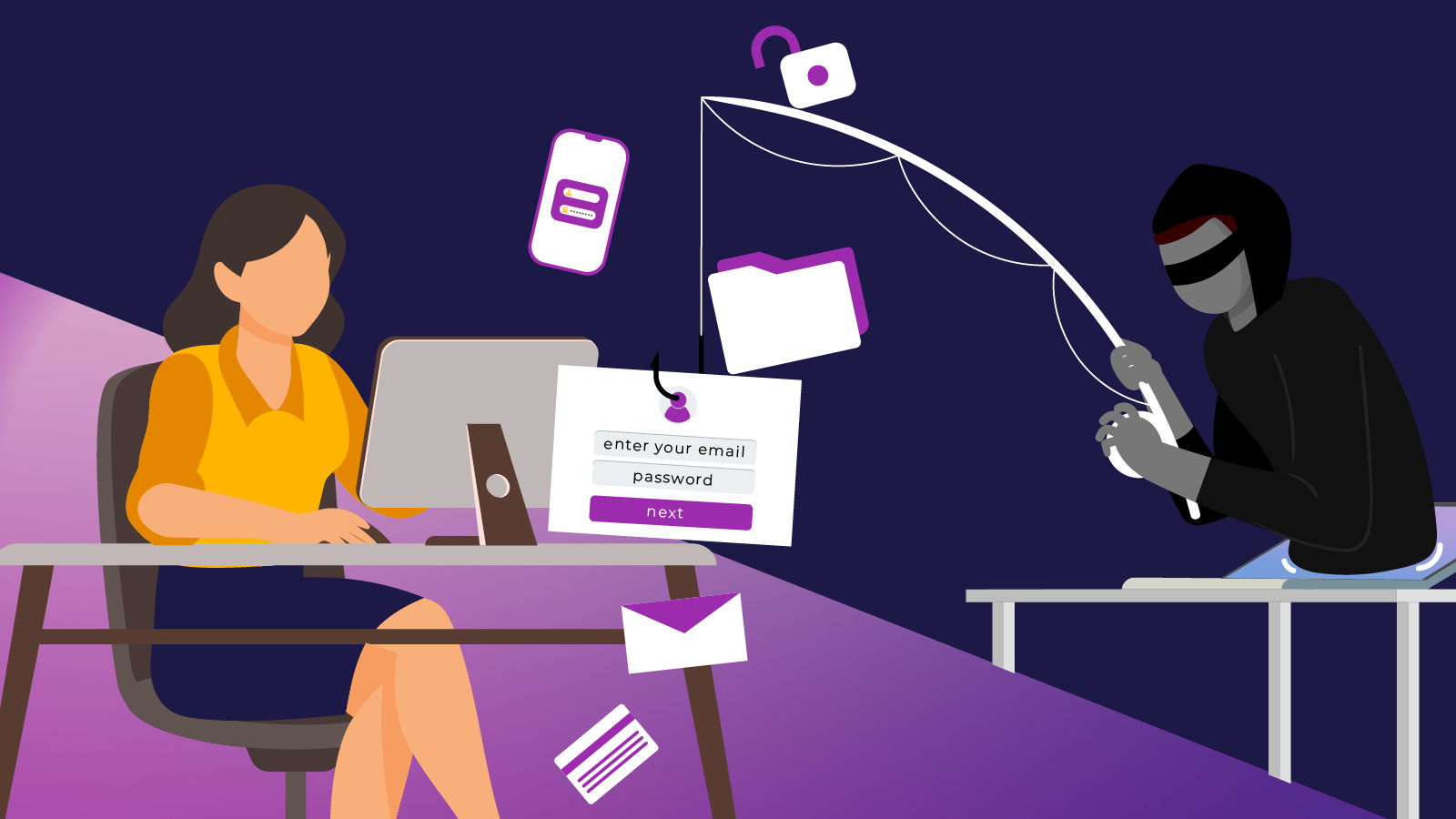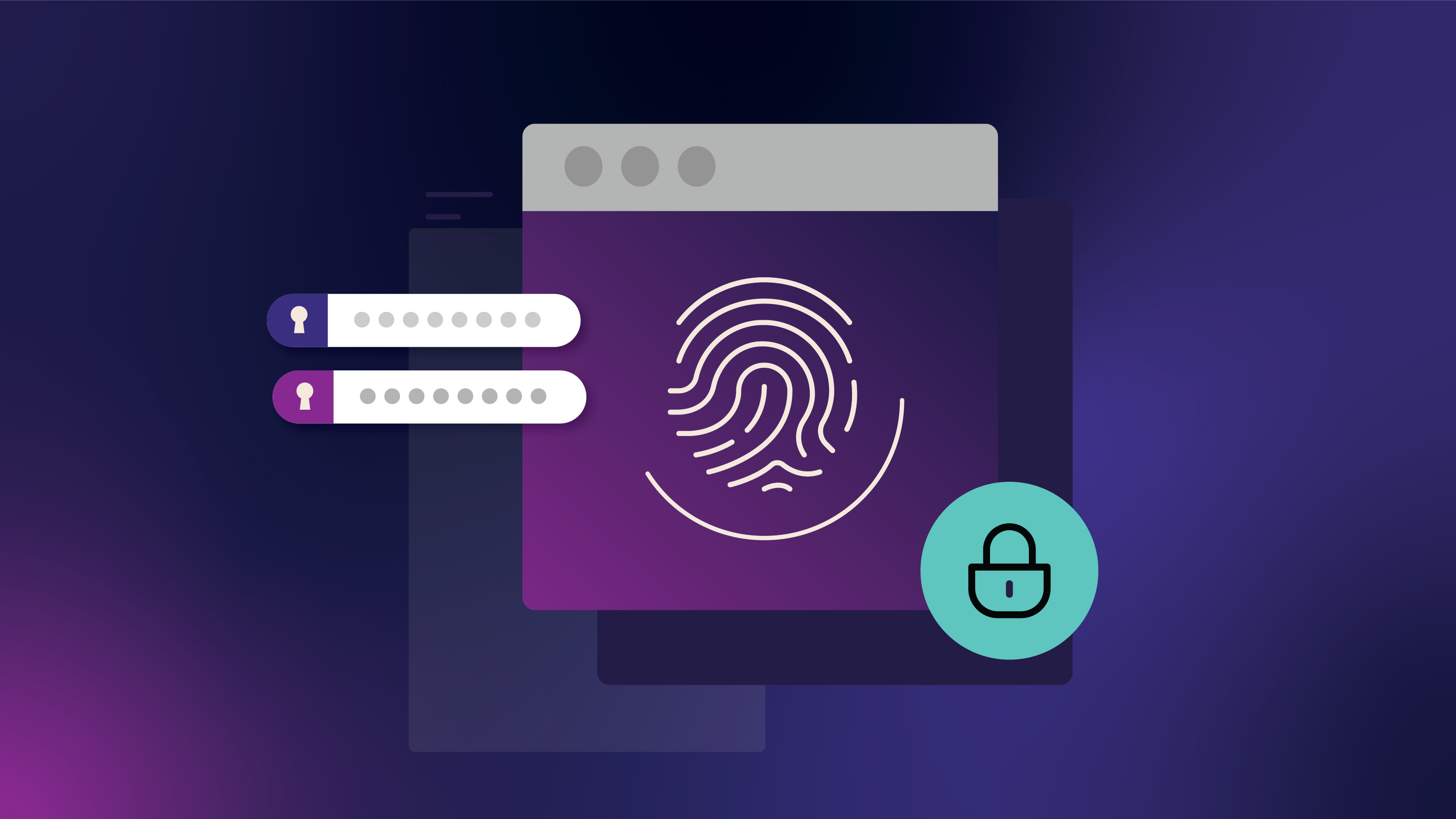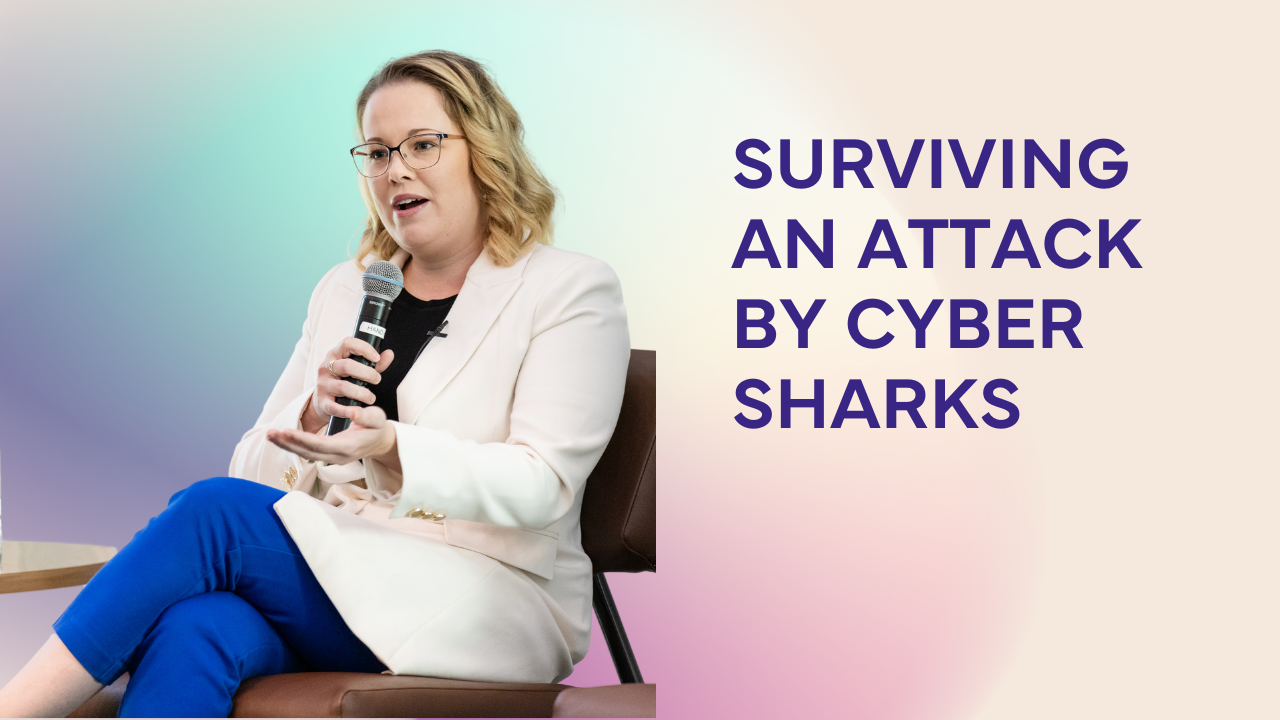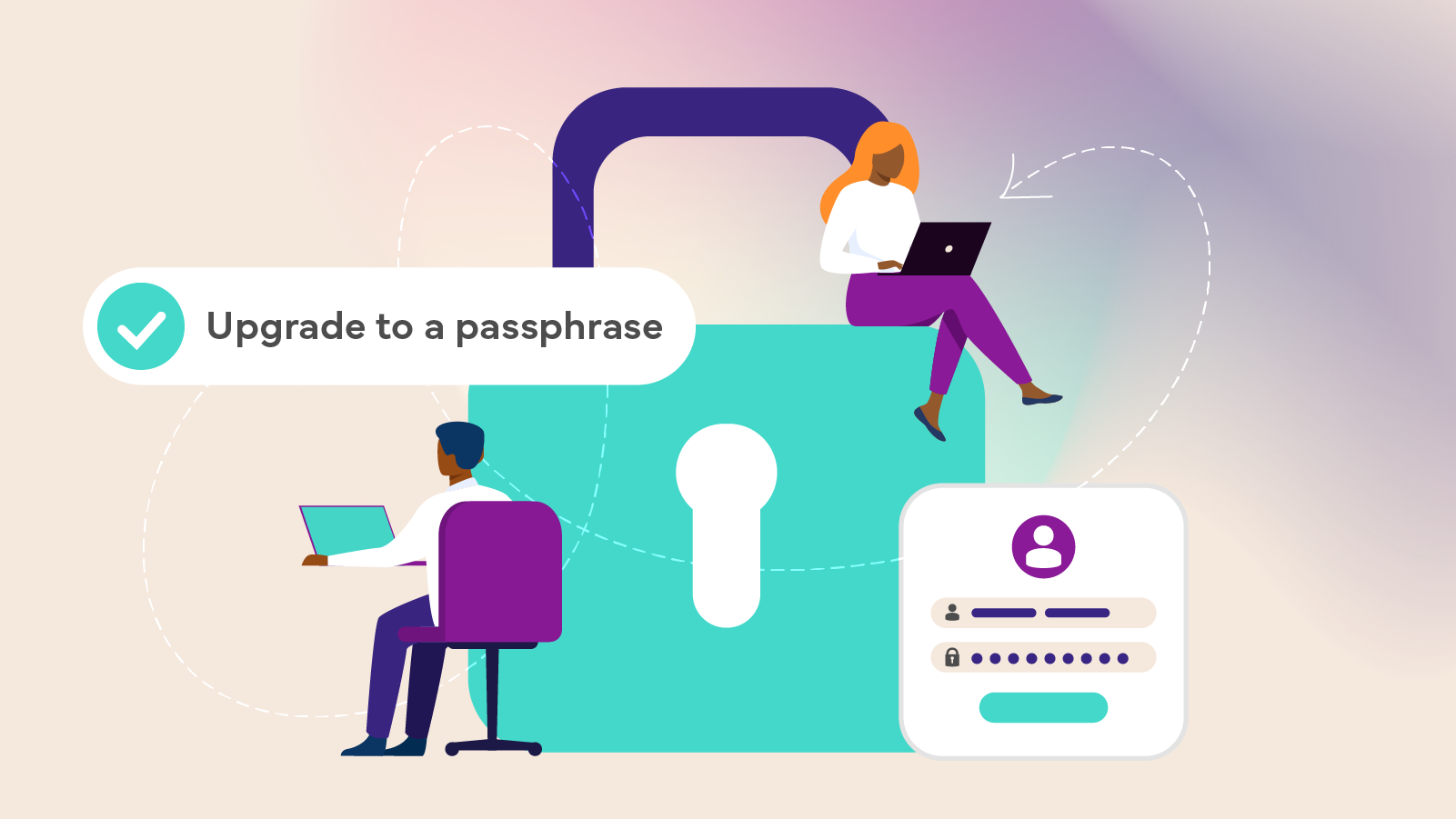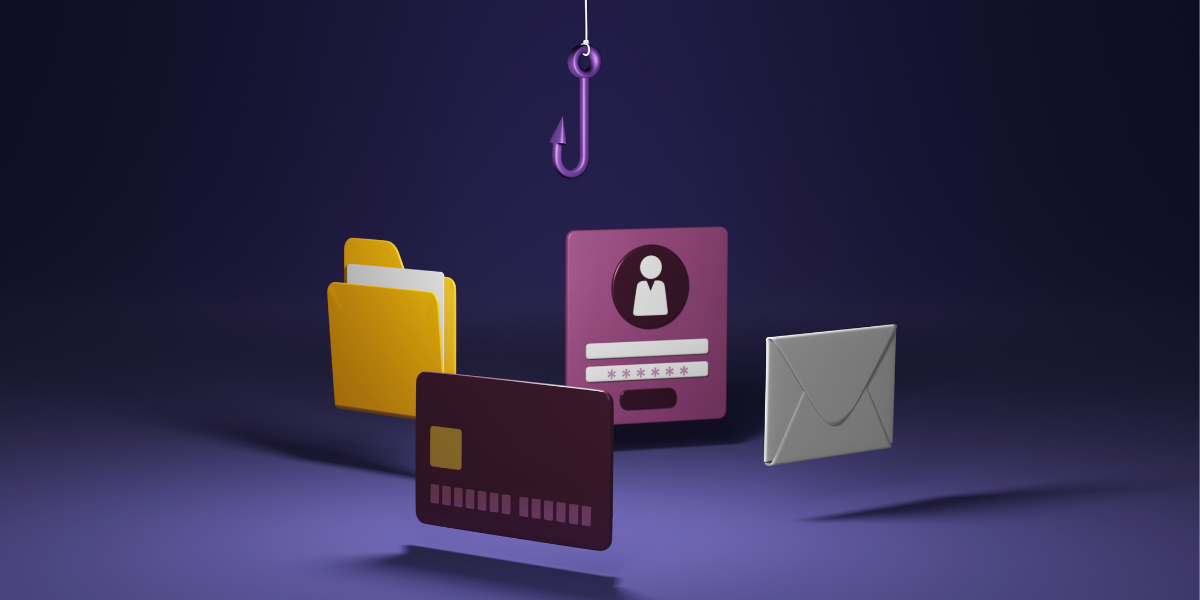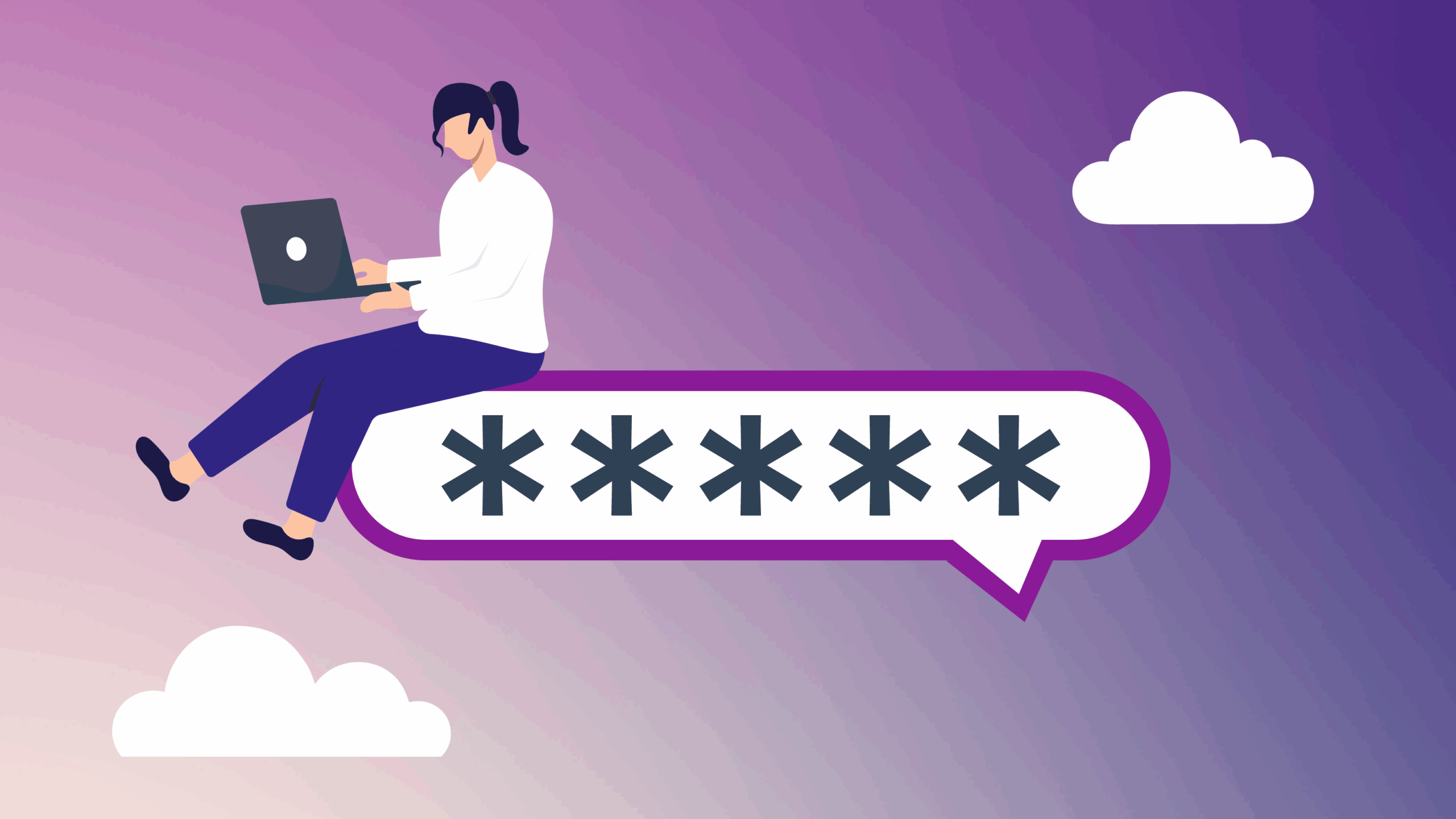No matter how small your business is, cyber safety matters. And sometimes it's the small things you do that have the biggest impact.
From data breaches to phishing scams and malware attacks, there are plenty of cyber safety threats. But with a few simple cyber safety measures, you can transform your workplace and bolster your digital security, protecting your data and reputation.
Here are nine practical cyber safety tips that every small business owner and employee can easily implement:
1. Cyber Wardens posters: a visual reminder
Have access to a printer? There’s one cyber safety measure you can take right now. Download the free Cyber Wardens posters and stick them around your workplace. These eye-catching posters highlight easy ways to defend your small business and team against cyber attacks, and serve as a constant visual cue for everyone to stay vigilant against cyber threats. Pop them in common areas like break rooms and near computer terminals to ensure cyber safety remains top of mind for everyone.
2. Weekly team meetings: talk it out
Incorporate cyber safety discussions into your weekly staff team meetings. Consider this your digital huddle where you game-plan against cyber adversaries. Take a few minutes to highlight recent cyber threats, share best practices, and address any concerns or questions. By making cyber safety a regular agenda item, you reinforce its importance and empower your employees to become proactive defenders against cyber threats.
3. Passphrases and password managers: key to strong authentication
Just as you wouldn’t leave your front door wide open, don’t leave your digital assets vulnerable. Get everyone in your team to upgrade their passwords to passphrases and utilise a password manager. Passphrases, consisting of multiple words or a sentence, are much harder to crack than traditional passwords. Pair them with a reputable password manager to securely store and manage your credentials across various platforms. This combination ensures strong authentication without the hassle of remembering complex passwords.
4. Multi-factor authentication: a double layered defence
Implement multi-factor authentication (MFA) wherever possible. MFA is like installing an extra deadbolt on your digital door. It adds an additional layer of protection by requiring multiple forms of verification. Whether it’s a fingerprint scan or an authentication app, MFA ensures that only authorised individuals gain access to your sensitive data.
5. The Cyber Wardens program: knowledge is power
The Cyber Wardens program offers cyber safety education for small businesses in Australia, so why not enrol your team? This comprehensive training equips employees with the knowledge, skills and cyber safety tips needed to identify and mitigate cyber risks effectively. From phishing scams to malware attacks, the Cyber Wardens program covers it all, making your workforce better prepared to navigate the digital landscape securely.
6. Automatic software updates and data backups: stay current, stay secure
Enable automatic software updates on all devices and systems, including computers, servers, and mobile devices. Regular updates patch known vulnerabilities and strengthen your cyber safety defences against emerging threats. Additionally, implement a robust data backup strategy to protect against data loss due to cyber incidents, hardware failures, or human error. Regularly backing up your data means you can quickly recover and resume operations in the event of a cyber attack or data breach.
7. Password confidentiality: keep it to yourself
As far as cyber safety measures go, this should be an obvious one, but it might surprise you how many people don’t follow it. Emphasise the importance of password confidentiality. Passwords are like keys to your digital doors and should never be shared with anyone, including colleagues or IT personnel. Encourage the use of unique, complex passwords for each account and discourage the practice of writing them down or storing them in easily accessible locations.
8. Report suspicious emails: when in doubt, speak out
Phishing remains one of the most common methods used to infiltrate organisations. Teach your team to scrutinise email addresses, look for signs of phishing attempts, such as misspellings or urgent demands, and avoid clicking on suspicious links or attachments. Establish simple protocols for reporting suspicious emails to the IT department or designated cyber safety for further investigation.
9. Stay informed and adapt: the cyber landscape is ever-evolving
The cyber threat landscape is constantly evolving, with new tactics and technologies emerging regularly, so it’s important to keep learning and adapting. Stay informed about the latest cyber trends and security best practices, and invest in ongoing training and awareness programs to ensure your team remains equipped to tackle evolving cyber threats head-on.

Remember, even small businesses are targets when it comes to cyber security. By implementing these simple cyber safety measures, you can significantly improve your cyber defences and create a safer, more secure work environment. Take charge, incorporate these cyber safety tips, become a Cyber Warden, and help your small business thrive in the digital age.


